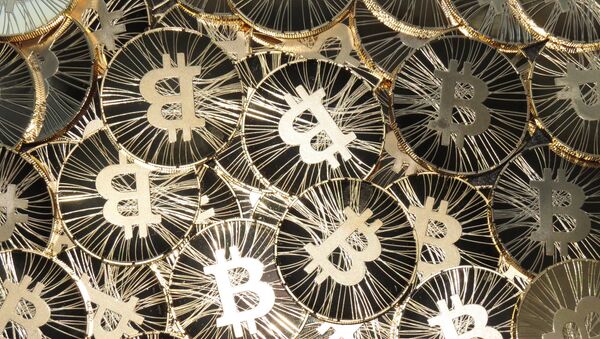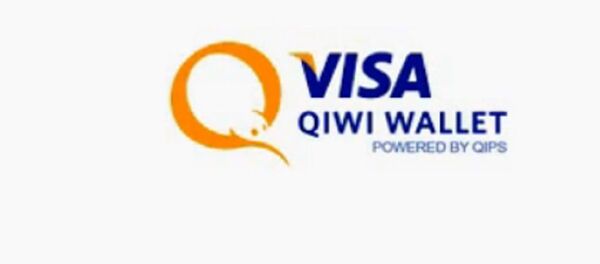Nakamoto, the pseudonym used by the digital currency's inventor, was nominated for the award, generally regarded as the most prestigious in its field, by UCLA Finance Professor Bhagwan Chowdhry.
In an op-ed for The Huffington Post, Chowdhry explained that he was nominating Nakamoto because "I can barely think of another innovation in economics and finance in the last several decades whose influence surpasses the welfare increases that will be engendered by Satoshi Nakamoto's brilliant, path-breaking invention."
Why I am nominating Satoshi Nakamoto for the #NobelPrize in Economics https://t.co/iEYdyRslJp #bitcoin @StellarOrg @ethereumproject
— Bhagwan Chowdhry (@bhagwanUCLA) 6 ноября 2015
The professor believes that "the invention of bitcoin…is nothing short of revolutionary," noting that it "offers many advantages over both physical and paper currencies," including security, the ability to "be divided into millions of smaller sub-units," and the ability to "be transferred securely and nearly instantaneously from one person to any other person in the world with access to internet bypassing governments, central banks and financial intermediaries such as Visa, Mastercard, Paypal or commercial banks, eliminating time delays and transaction costs."
The only problem, the professor admitted, is that it may prove difficult to find Nakamoto, should 'he' win, given that "no one really knows who he is, where he lives or what his phone number is."
Noting that "he exists online," Chowdhry suggested that Nakamoto can be contacted online, anonymously, and could "verifiably communicate his acceptance" of the award, should he win. The bitcoin creator could even create a digitally signed speech, the professor notes, adding that he, Chowdhry, "would be happy to go and accept the Prize on his behalf."
As for the prize money (about $750,000), the professor explained that Nakamoto could be rewarded anonymously, sending the money to what is believed to be his own bitcoin account. However, given that he is already "in possession of several hundred million US dollars-worth of bitcoins," Chowdhry joked that "the additional prize money may not mean much to him," adding that "only if he wants, the committee could also transfer the prize money to my bitcoin address."
Inaugurated by the Swedish Central Bank in 1969 in memory of Nobel Prize founder Alfred Nobel, the Nobel Prize in Economics is awarded annually by the Swedish Royal Academy of Sciences. If Nakamoto were to win, 'he' would join the ranks of respected Western economists including John Nash, Friedrich von Hayek, and Milton Friedman.
But there may be another hitch. According to Business Insider, the fact that Chowdry has gone public with his nomination may have violated the Economic Sciences Prize Committee's rules, which state that the names submitted during the nomination process must be kept secret for 50 years. In this way, the professor may have spoiled his nomination.
The anonymous nature of bitcoin transactions makes tracing the persons or groups who made them virtually impossible, leading to allegations by states, companies and interest groups that the currency has become the ideal tool for persons involved in illegal activities. The currency's defenders counter by noting that any currency can be used for illegal purposes, with libertarians and privacy activists suggesting that bitcoin may be the ultimate tool for economic liberation from banks and governments.



